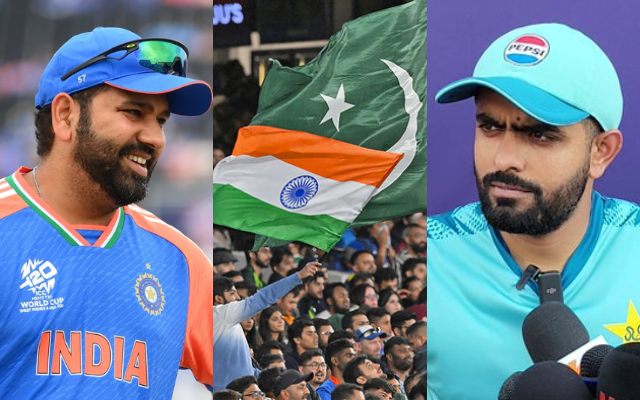
It’s a busy time for India in the world of sports. The Men’s Cricket Asia Cup is all set to kick off in the next four days in Dubai. India is also gearing up to host multiple global tournaments including Para Athletics World Championships in Delhi at the end of the month, and the BWF World Championships and Junior Hockey World Cup next year.
It’s clear that with the rising sports budgets in multiple states, a newly-built Mondo Athletics track in Delhi, and India hosting multiple multi-sport tournaments, India is clearly positioning itself as a nation capable of hosting both the 2030 Commonwealth Games and the 2036 Olympics.
In the recent past, India has made its ambitions of becoming a global sporting power abundantly clear. The bid for the 2030 Commonwealth Games has been officially submitted. But the country’s geo-political tensions with Pakistan have made it confusing for the common man to understand the complications of the nation’s bilateral versus global tournament standing when it comes to engaging with Pakistan in sport.
The Indian government recently implemented a policy that banned bilateral sports with its neighbouring country. And that means India will not be participating in any head-to-head competitions with Pakistan, even on neutral venues. While the government’s standing on bilateral sporting events is crystal clear, multilateral global tournaments is where the confusion comes in.
It is important to understand that while India is well within their rights to ban any bilateral sporting exchanges with Pakistan, they still have to adhere to the Olympic charter. So it means the government has to take steps in alignment of their foreign policy and the recent terrorist attack in Pahalgam, while balancing its ambition of hosting major international sporting events, which requires compliance with global sporting regulations.
There is an uproar on social media over India playing Pakistan in the Asia Cup in Dubai. Hockey India’s Secretary General Bholanath Singh has come on record and stated to RevSportz that the Pakistan junior hockey team has been granted visas and entry to the nation. While the anger by the public over these decisions is understandable and valid, the important thing to be noted here is – if India dreams of hosting the Commonwealth Games or the Olympics, refusing Pakistan visas, denying them entry into the nation and refusal to play them in global tournaments is not the answer. If the above circumstances were carried out, India would no longer be looked at as a viable nation to host any global international tournaments.
Ultimately, in India’s unique case, the nation’s future depends on striking a delicate balance. On one hand, the government has to remain firm on its bilateral sporting engagements with Pakistan, in line with its foreign policy and stance against state sponsored terrorism. On the other hand, it cannot afford to disregard international sporting obligations if it wants to position itself as a credible nation to host the world’s biggest sporting tournaments.
The message is clear: if India aspires to become a global sporting hub, it must learn to navigate its political realities without letting them derail its international ambitions.
For more updates follow RevSportz



